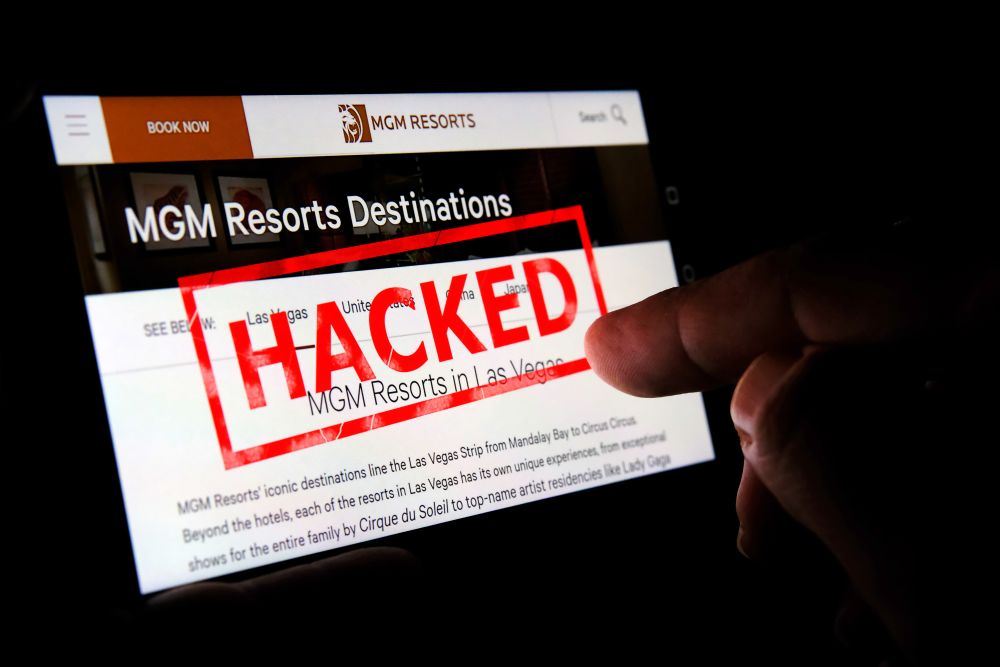
The other day, a partner looked me in the eye and asked, “Bruce, why do you keep saying the same stuff about these new cyber injury attorneys? We’ve heard it before.”
Let me give it to you straight.
I’m not repeating myself because I forgot what I said last week.
I’m doing it because people still aren’t listening.
Look, the second wave is already here. These aren’t just hackers stealing data. These are trial lawyers running a full-blown business operation—built on negligence. They find the breach, sniff out the missed policy or broken control, and turn your client’s mess into a million-dollar payday.
Want proof? Let’s talk about MGM.
Forty-five million dollars in settlements.
Victims got less than fifty bucks.
The lawyers? They walked away with a luxury suite, dinner on the Strip, and a private jet full of billable hours.
And if you think that kind of lawsuit is reserved for billion-dollar casinos, you’re wrong.
Here’s a lightly edited version with improved flow and tone:
All they need is a whiff of negligence. That stench clings to every data breach—because the lawyers already have their first piece of evidence: the hacker got in. Now it’s on you to prove you did everything right to prevent it.
If you can’t explain the risk, you can’t sell the defense.
It doesn’t matter if we hand you a beautifully printed IR plan with gold foil. If you can’t tell your client why it matters—and what they stand to lose—it’ll sit in a digital drawer collecting cyber dust.
That’s why I repeat myself.
Because it’s not enough for me to know the risk. You need to know it well enough to translate it.
That means learning to speak CEO. It means understanding compliance like a lawyer. And it means realizing your job isn’t just about patching systems anymore—it’s about teaching the people who pay the bills why those patches matter in court.
This is about business survival. Yours and theirs.
So next time you hear me repeat the same lines about cyber liability, don’t roll your eyes.
Take notes. Practice the pitch. Say it out loud.
Because if you can’t explain it, your client can’t buy it.
And if your client doesn’t buy it, you’re the one left holding the liability bag when the breach hits.


